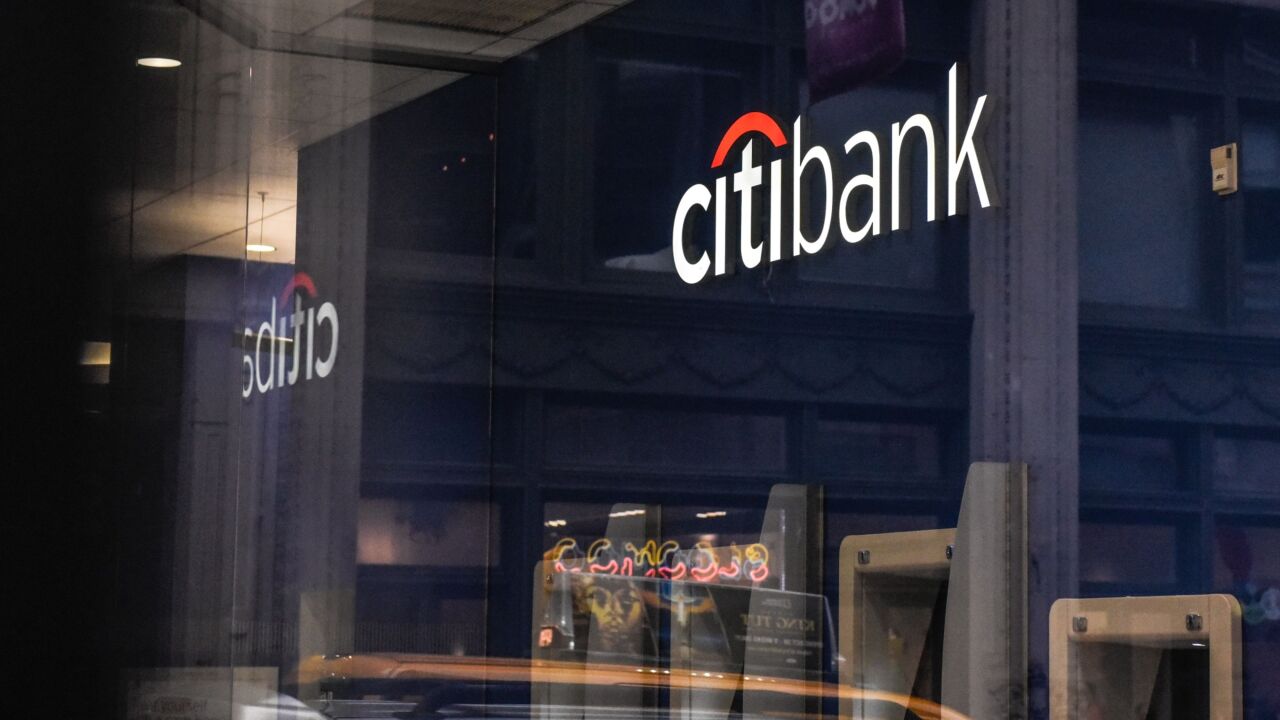Marqeta is betting that more businesses will demand customized banking and credit in a single location, and is bulking up to serve that audience.
Marqeta on Monday announced a $275 million deal to acquire Power Finance, a fintech that supports credit card management and embedded finance, or the use of an enrolled payment credential to access financial services from nonfinancial businesses.
At Marqeta, the Power Finance deal follows other technology deployments that can be accessed through an application programming interface, or "banking as a service."
"The demand was out there for us to own the full stack, to be the program manager and the processor," said Simon Khalaf, the incoming CEO of Marqeta. Khalaf will become

Power Finance uses the cloud to deliver credit card issuance to financial and nonfinancial institutions, as well as infrastructure that embeds financial products and user experiences into the Power credit card issuance program. Marqeta's Power deal is expected to close during the first quarter. Randy Fernando, Power's CEO, will then be placed in charge of Marqeta's credit card program. Marqeta will initially combine its card rewards technology with Power, which has 54 employees.
"That's more than $5 million per employee. It's a phenomenal premium for a two-year-old company, but it points to how hot banking as a service is," said Richard Crone, a payments consultant.
Controlling more of the relationships with clients allows Marqeta to support product innovation, personalized credit cards, personalized credit limits and incentive marketing, Khalaf said.
"That would have been impossible with us being the processor and someone else being the program manager," said Khalaf, who joined Marqeta in June 2022 as chief product officer.
There are several use cases that don't match easily with traditional banking practices, and Khalaf contends that this is where Marqeta has room to compete. By managing credit, debit and payment processing, Marqeta plans to enable many of the same functions as a financial institution.
For example, a
Similarly, content creators who use platforms like TikTok or Instagram for revenue need to pay those marketplaces for traffic acquisition, Khalaf said. "That creates float where these creators need working capital and payments," Khalaf said.
Marqeta, which was founded in 2009, had traditionally focused on enabling digital payments for technology companies. Its clients include Square, Uber, Affirm, DoorDash and Instacart. Goldman Sachs, Citigroup and JPMorgan Chase are among its bank clients. Marqeta focuses on a support role for these other companies, based on a philosophy that payments will eventually be embedded in most products and services, rather than exist as a distinct function.
The existing payments infrastructures at most companies rely on older programming, and are not easily amenable to adding customized products such as buy now/pay later loans, Crone said.
Power "started with a clean slate and has all of the APIs and capabilities for emerging innovations for credit cards and other accounts," Crone said.
The Power deal is Marqeta's first acquisition, and it follows an industrywide pullback in venture capital deals to fund new fintechs, said David Shipper, a strategic advisor at Aite-Novarica, who says more fintech mergers may follow.
"The slowing economy and general uncertainty about the market, could bring more willingness to sell" among fintechs, Shipper said.
The addition of new credit products is central to the company's growth strategy in the current technology market, Khalaf said.
"The market that's growing is embedded finance. It's nonfinancial institutions providing access to bundled financial services," Kahlaf said.
Earlier in January, Marqeta added a
"Banking as a service is the new gold rush," Crone said. "It's not the miners who make the money in a gold rush, it's those who provide the picks and shovels."






